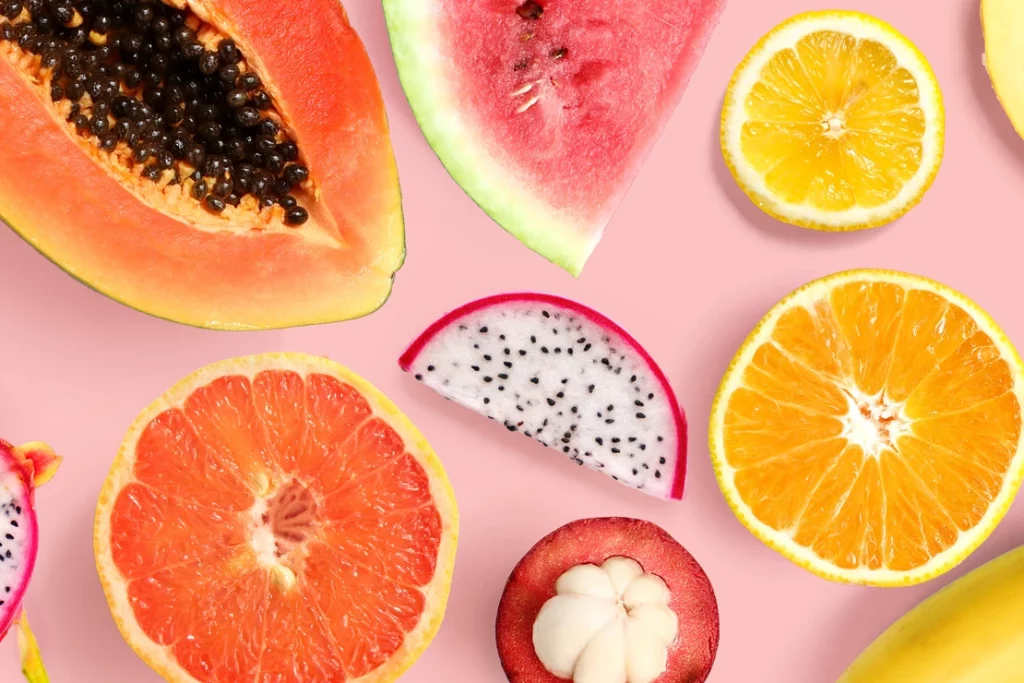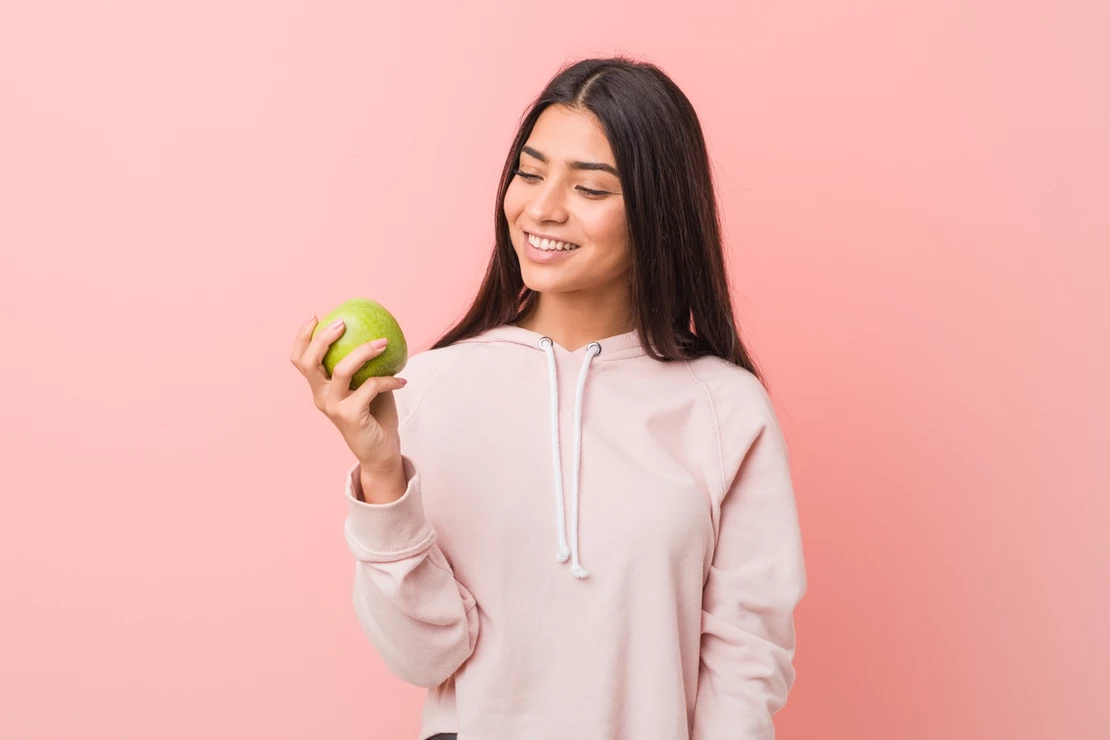The Only Facial Recommends a Healthy Diet for Great Skin
Nutrition is important for health. An unhealthy diet can damage your metabolism, cause weight gain and even damage organs, such as your heart and liver. But what you eat also impacts another organ — your skin! Although the old myths about chocolate and greasy food being acne triggers have been debunked long ago, what you put on your plate remains a factor when it comes to the health of your skin!
As scientists learn more about diet and the body, it's increasingly clear that what you eat can significantly affect the health and aging of your skin. Although UV exposure, hormones, genetics, and/or injury to the skin are the major causes of pigmentation issues, a deficiency in certain nutrients can also be to blame. Give a little attention to your diet to support a healthy skin matrix and encourage efficient melanin production.
Try these 5 diet hacks to banish acne and achieve the crystal clear complexion you’ve always wanted.

5 Ingredients For Healthy, Glowing Skin You Need to Add to Your Diet Plan Now
Iodine
Iodine is a trace mineral commonly found in seaweed, seafood, iodized salt, fortified bread, and more. It was once added to table salt out of concern that Americans weren’t getting adequate levels to keep them healthy, but these days people get plenty through food when eating a balanced diet . The trouble starts when our bodies excrete iodine due to its ability to irritate our pores and cause acne flare-ups.
Large enough amounts can induce acne in even skin that’s normally clear! Read the labels for iodine content in processed foods and supplements and limit consumption of items with higher concentrations of iodine. Remember that sodium is not the same as iodine and not all salt is iodized.
One teaspoon of iodized table salt contains more than double the recommended daily allowance, so reducing your intake of iodized salt is the easiest way to avoid getting too much. Your goal is not to eliminate iodine, but rather to regulate it!
Zinc.
Did you know zinc plays a pivotal role in skin health? It’s vital to cell production, healing, protection against UV damage, as well as guarding against acne’s best friends: inflammation and bacteria. A zinc deficiency is also associated with melanin synthesis which is the foundation of hyperpigmentation!
Stock up on this important mineral by eating zinc-rich foods like spinach, beef, shrimp, peanuts,, kidney beans, and flax seeds.
B12.
Vitamin B12 is necessary for the formation of red blood cells, healthy neurological function, and DNA synthesis. It also aids in natural pigmentation regulation and helps determine how much gets produced and where. Deficiencies tend to be more common among vegans since vitamin B12 is most commonly obtained mostly through animal sources like dairy, eggs, red meat, and seafood.
You don’t need much - just 2.4 mcg a day (easily covered by a single serving of salmon or red eat). Dairy and eggs also provide smaller amounts, though you will likely need to combine those with additional sources. If you aren’t able to consume enough B12 through your diet, we recommend grabbing a Vitamin B12 supplement!
Vitamin C.
Loaded with anti-aging benefits, vitamin C should be top of mind when eating for skincare health. This superstar antioxidant is vital to collagen production and gives skin a bright, healthy glow. It also keeps melanin-producing enzymes from going into overdrive in response to damage from UV radiation.
Add more citrus, kiwi, tomatoes, broccoli, and bell peppers to turn the Vitamin C up a notch in your diet!
Sugar.
You may have heard that sugar can cause breakouts, but why is that? Glycation! Glycation is caused by the rapid rise in blood sugar, occurring when sugars in the blood attach to proteins throughout the body and break them down through oxidative stress. In other words - degradation of collagen, accelerated aging of the skin, increased inflammation, age spots, and hyperpigmentation!
Cut things like white rice, pasta, muffins, juices, sodas, and other glycemic foods from your diet for healthy, youthful, and even-toned skin.
A word of caution…while diet can impact your skin in certain circumstances, much of the information online is not based on sound scientific research.
Be wary of following the advice of blogs or social media preaching dietary changes that they believe made a difference for their skin, as many other factors could be at play and others may not experience the same effects.
Trust the experts and avoid making changes to your diet based on anecdotal evidence!
In a nutshell, the existing evidence does indicate that a diet supporting overall health also supports good skin health! Nutrient-rich, whole foods like fruits and vegetables, whole grains, and healthy fats are good for your whole body, and that includes your skin. The healthier the foods are that we consume the better we will look!

